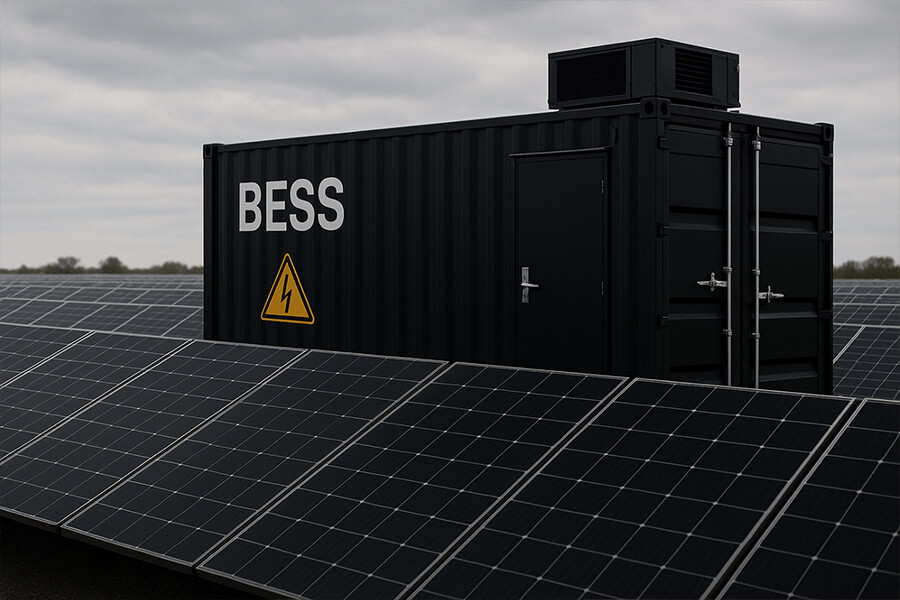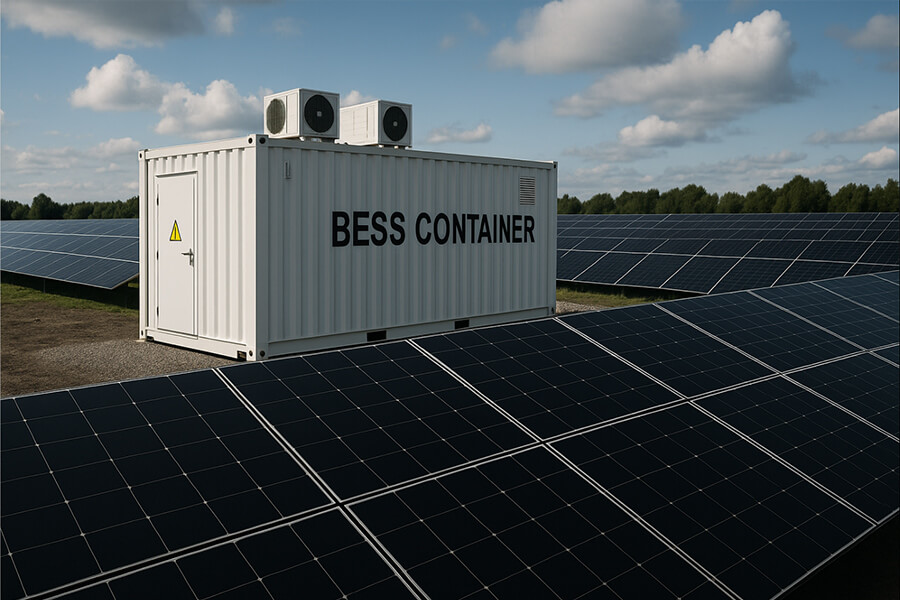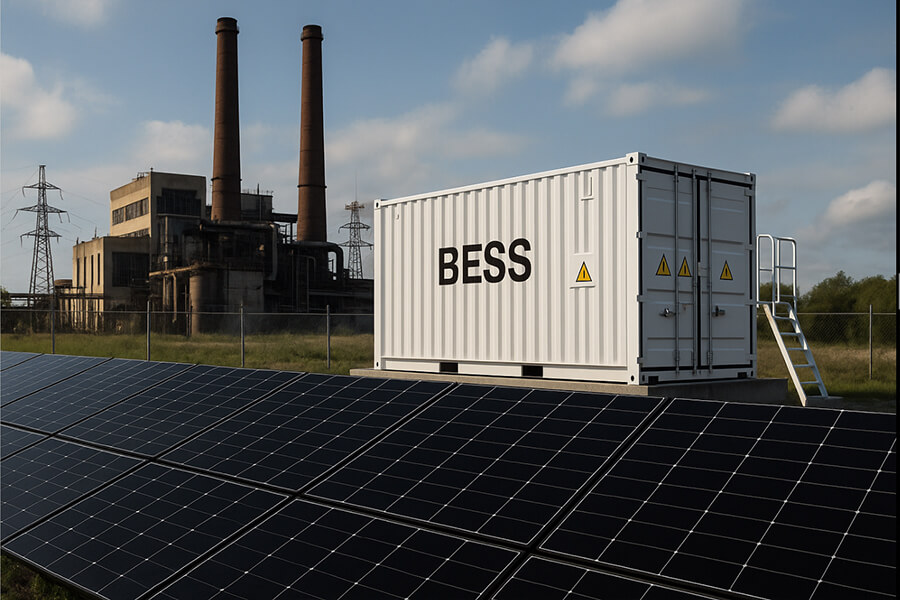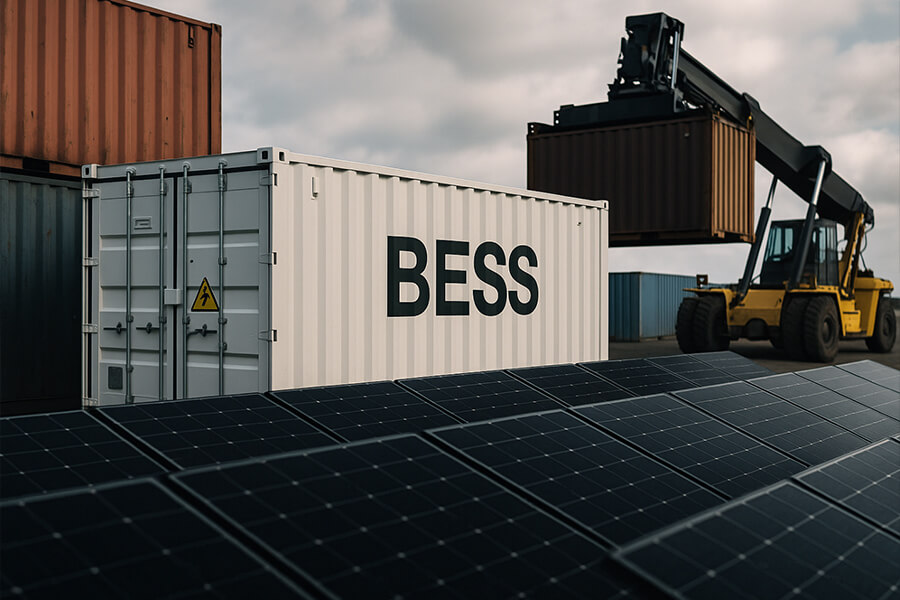Nowadays, the electricity bills is putting a huge strain on more and more people, powering the appliances in your home or the farm exists new cheaper and practical choice, which is solar energy systems. Knowing the major differences between on-grid and off-grid systems will definitely make your choice easier and can save your money.
In fact, you can discover the basic differences from their definitions:
>> On-grid (grid-tied)
>> Off-grid (stand-alone or without batteries)
Besides, the main differences between these two types concentrate on the source of energy and how the power is stored.
Here you will know the above points about these two.

An On-grid solar system, which is a power generation system that links solar power, the household grid, and the public grid together, is a power generation system that must rely on the existing grid to operate.
The power generated directly by solar panels will be converted by the inverter into alternating current (AC), and support the household appliances.
It mainly consists of solar panels and inverters, and there is no power storage device.
The advantage is that this photovoltaic power generation system does not require the use of batteries, which also greatly saves costs.

An off-grid solar system is a power generation system that operates independently without relying on the public grid.
It mainly consists of solar panels, storage batteries, charge/discharge controllers, inverters, and other components, and currently, some inverters also contain the function of controllers (inverse/ control all-in-one machine).
The electricity from the solar panel flows directly into the battery and is stored, and when it is needed to supply power to the load, the direct current (DC) in the battery flows through the inverter and is converted into alternating current (AC), which is a repeated cycle of charging and discharging process.
Generally, there are many aspects to consider when you decide to purchase a complete solar system, among them, the most important factors are the budget and purpose.
The most economical for normal customers looking for a green life style and to save the electricity bills cost is an on-grid system. In this case, you are still connected to the public grid, but in an energy-sufficient way.
However, if you live on the islands, in a wild area without a steady electricity supply, or in remote locations, you may choose an off-grid system.




